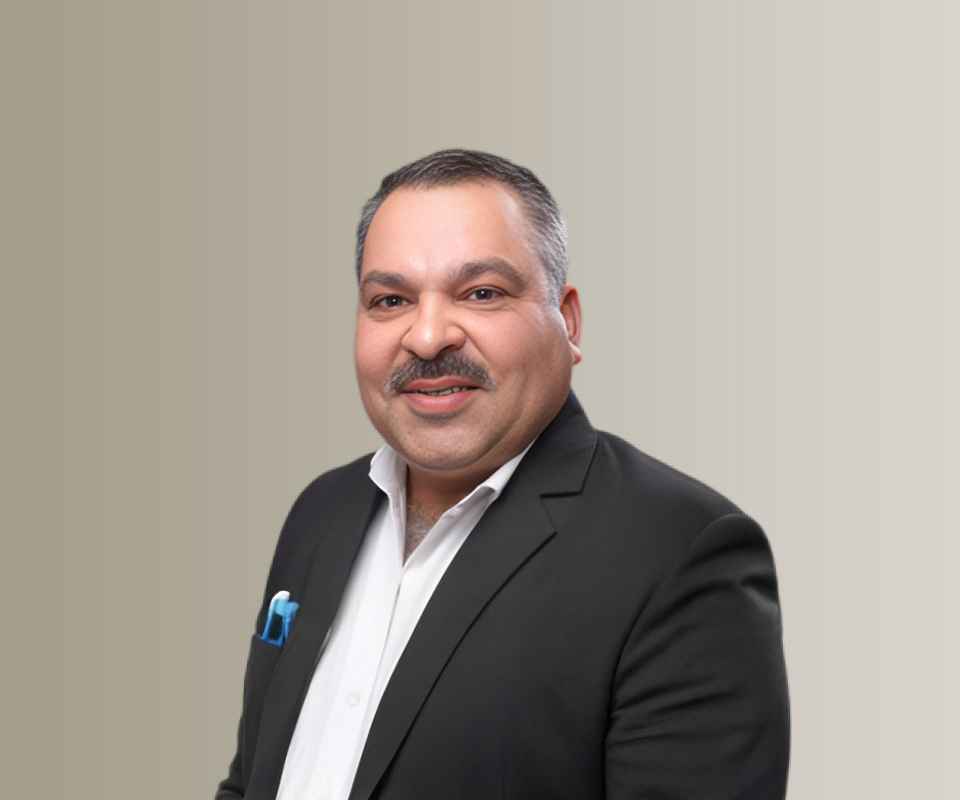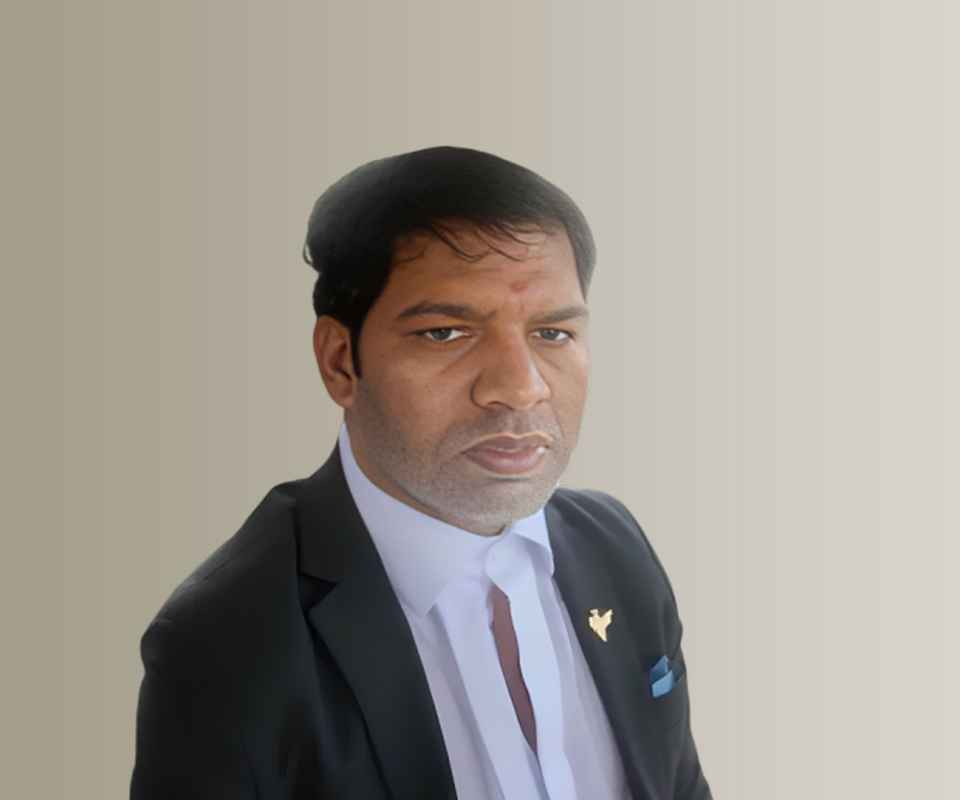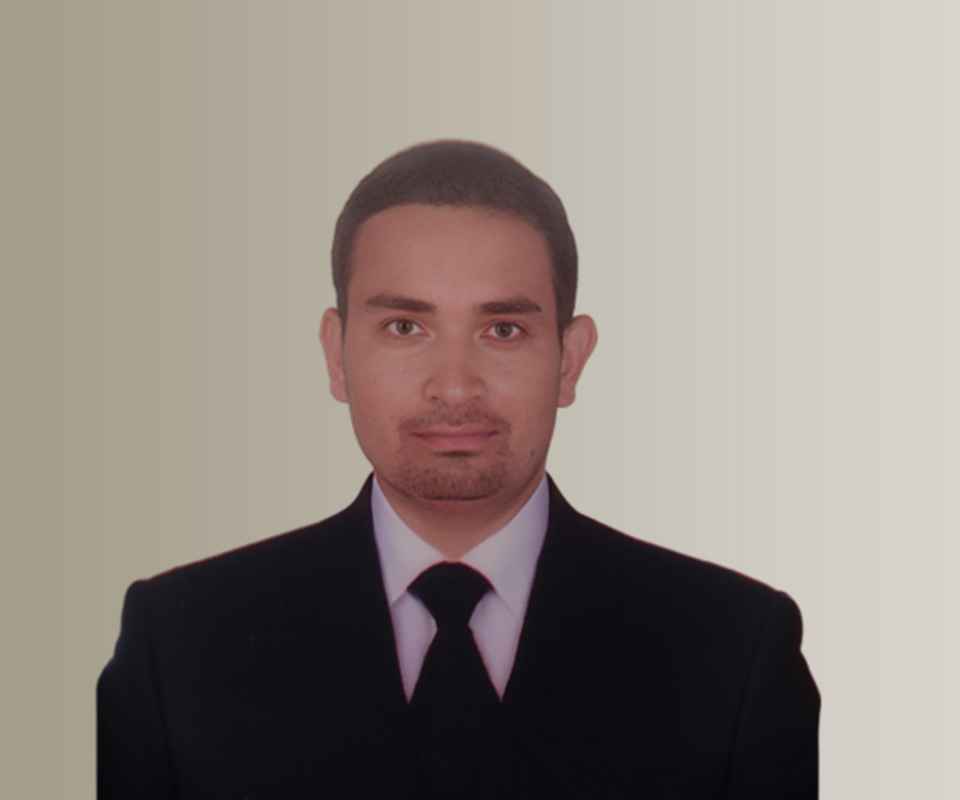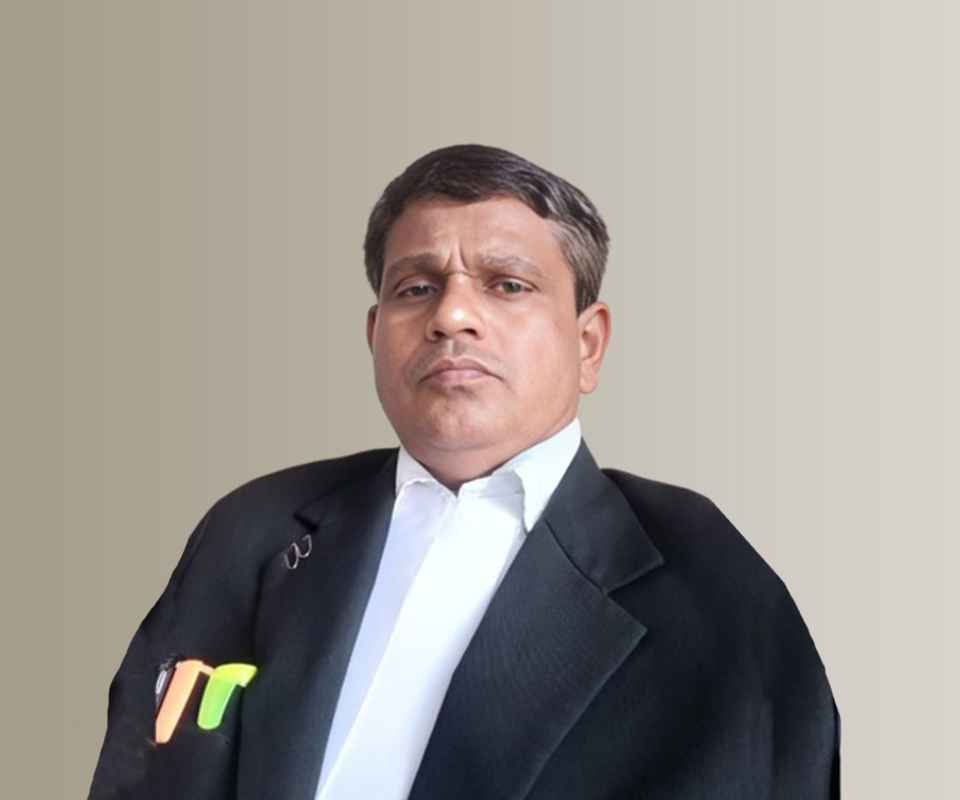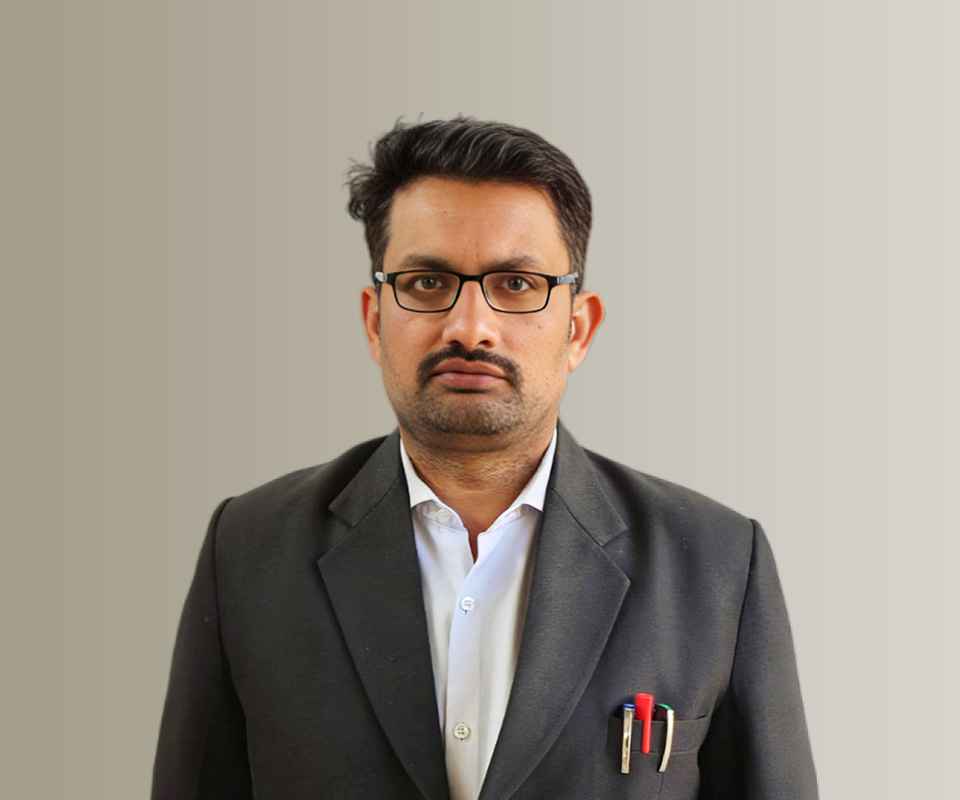Answer By law4u team
In India, a spouse cannot generally be forced to undergo medical treatment, as the right to personal autonomy and bodily integrity is fundamental. However, there are specific situations where a spouse may be compelled to seek or undergo treatment, typically under certain legal provisions or circumstances. These include issues of mental health, medical emergency, or if the treatment is necessary to prevent harm to the spouse or others. Let’s look at various scenarios:
1. Right to Personal Autonomy and Consent
Informed Consent: Indian law, like the Constitution and various health laws, upholds the principle of informed consent. Every individual has the right to decide about their medical treatment, including spouses. This means a spouse cannot be forced into medical treatment unless there are exceptional circumstances, such as medical emergencies or issues concerning mental health.
Marital Consent: In a marital relationship, mutual respect for personal choices is a key principle. While a spouse may encourage their partner to seek treatment, they cannot be forced into undergoing treatment against their will.
2. Mental Health and Psychiatric Treatment
Mental Health Act, 2017: One of the most common areas where a spouse might be compelled to undergo treatment is related to mental health issues. Under the Mental Health Care Act, 2017, a person suffering from mental illness may be compelled to receive medical treatment if they are considered to be a danger to themselves or others.
If a spouse is diagnosed with a mental illness and refuses treatment but poses a risk to their own life or the lives of others (e.g., suicidal tendencies or violent behavior), a court order may be issued to compel the individual to undergo treatment.
The Act allows family members, including spouses, to seek medical help for a person who is unwilling to undergo treatment for mental health reasons, but only if the individual is incapable of understanding their need for treatment and is at risk.
3. Medical Emergency
Emergency Medical Treatment: In situations where there is an immediate threat to life and the spouse is unconscious or incapable of giving consent, medical professionals are permitted to provide necessary treatment to save life under the Indian Penal Code (IPC), Section 88, which allows treatment in the absence of consent if it is required for the person’s survival.
For example, if a spouse is in a life-threatening accident and cannot give consent, emergency medical professionals can treat them, even if they would not normally consent to the treatment.
Advance Medical Directives: If one spouse has a medical directive (like a living will), which clearly states their refusal for certain treatments, even in a life-threatening situation, it must be honored, unless the spouse's life is in immediate danger.
4. Court Orders for Treatment in Case of Domestic Violence or Abuse
Protection Under Domestic Violence Act: In cases of domestic violence or abuse, a spouse may be compelled to undergo medical treatment, particularly if the abuse has led to injuries requiring medical care. However, this is more about protection and ensuring the well-being of the spouse.
If a woman or man is being physically abused and the injuries require medical treatment, the court may issue orders to ensure medical care is provided.
In extreme cases, the court may order a spouse to undergo treatment, especially if they are involved in violent behavior or pose a danger to the partner. However, this is typically linked to treatment of the abusive spouse, rather than forcing medical treatment on the victim.
5. Children and Spousal Rights Over Minor Health Decisions
Parent’s Rights Over Children’s Health: A spouse may be legally forced to seek medical treatment for their minor children. For example, if one spouse refuses to give consent for a child to undergo life-saving medical treatment, the other spouse or even the court may intervene to ensure that the child receives proper medical care.
Spouse’s Responsibility for Family Health: While spouses are not typically forced to undergo treatment themselves, they have a legal duty to ensure the health and well-being of their children and may be legally compelled to take action in cases where a child's health is at risk.
6. Healthcare Under Specific Laws (Family Welfare)
Section 20 of the Hindu Marriage Act: In case of marital issues like desertion or cruelty, a spouse may also be compelled to undergo medical treatment (including therapy or mental health treatment) as part of the maintenance and rehabilitation process in legal proceedings.
The court may order one spouse to undergo medical or psychological treatment as a condition for reconciliation or as part of legal proceedings for separation or divorce, especially if one spouse's mental health or behavior is affecting the marriage.
Example:
Consider the case of Nisha and Ravi, a married couple. Nisha has been suffering from depression and refuses to take medication. Ravi, concerned about her well-being, consults a counselor and tries to encourage her to get treatment. Nisha continues to refuse, and her condition worsens, with her showing signs of self-harm.
In this case, Ravi could petition under the Mental Health Care Act, 2017, arguing that Nisha's mental state poses a risk to her own safety and health. If the court agrees, it can issue an order for Nisha to undergo treatment, either voluntarily or under medical supervision, to protect her well-being.
Conclusion:
In India, while a spouse generally cannot be forced to undergo medical treatment, certain exceptions exist. These include situations where the spouse is mentally unwell and poses a danger to themselves or others, or in emergencies where life-saving treatment is necessary. Additionally, treatment may be encouraged or ordered by the court in cases of domestic abuse or for minor children. The key to enforcing medical treatment in these cases typically involves legal mechanisms like court orders or specific health laws. However, the overarching principle remains that informed consent and autonomy over one’s body are fundamental rights in Indian law.
